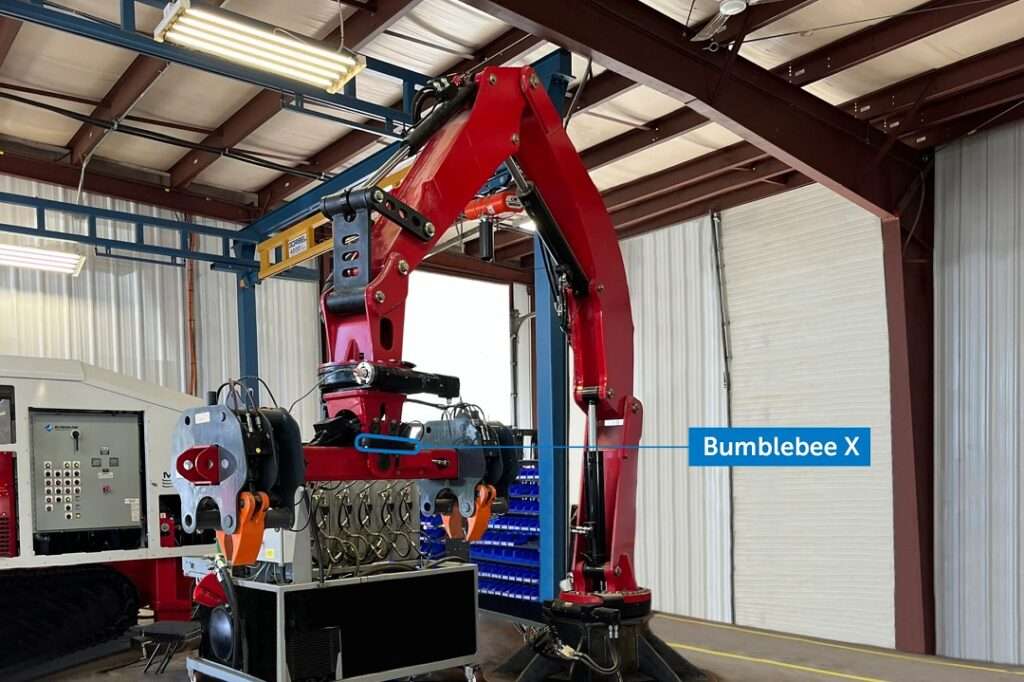Maharashtra is on a fast track to becoming a USD 1 trillion economy, but balancing rapid urbanization with sustainability is a growing challenge. In response, Tabreed India, in partnership with the Bureau of Energy Efficiency (BEE) and Deutsche GesellschaftfürInternationale Zusammenarbeit (GIZ) GmbH, recently hosted its third regional workshop, Cooling India’s Cities, in Mumbai. This event is part of a Memorandum of Understanding (MoU) between Tabreed India and GIZ’s ‘Energy Efficiency Cooling’ program, which is funded by the German Federal Ministry for Economic Affairs and Climate Action (BMWK) through the International Climate Initiative (IKI). The workshop aimed to explore how Maharashtra can advance its climate and infrastructure goals through a more integrated approach.
As India’s commercial and industrial powerhouse, Maharashtra faces rising cooling demands due to urban growth, a booming data center sector, and increasing heat stress. Cities such as Mumbai, Nashik, Chhatrapati Sambhajinagar, and Solapur have set ambitious Net Zero goals for 2050, well ahead of India’s national target for 2070. Achieving these targets requires significant changes in urban planning and infrastructure design.
At the event, Shri Milind Deora, Member of Parliament, Rajya Sabha, emphasized the importance of technological innovation: “As Maharashtra leads the way in infrastructure transformation, discussions on scalable, integrated solutions like District Cooling will be crucial in building competitive and climate-resilient cities. A strong climate mandate and empowered Mayors will be key to success.”
Ilka Hirt, Deputy Director General for International Policy at the German Federal Ministry of Environment, stressed the global importance of sustainable cooling: “Sustainable cooling is a critical global issue. Through the International Climate Initiative, we are committed to supporting India in adopting energy-efficient cooling solutions that align with global climate targets. District Cooling plays a vital role in creating resilient cities, enabling both economic and environmental sustainability.”
The workshop highlighted how District Cooling can complement Maharashtra’s existing climate frameworks, such as the Maharashtra State Adaptation Action Plan on Climate Change (MSAAPCC) and Mumbai’s Climate Action Plan (MCAP). Industry leaders discussed how District Cooling Systems (DCS) could integrate with waste-to-energy plants, city gas networks, and renewable energy, creating a circular, low-carbon ecosystem. A case study presented by Anson Sando, Head of Energy Programs at IIT Madras Research Park (IIT MRP), showcased Tamil Nadu’s District Cooling Steering Committee and the live deployment of DCS at IIT MRP, demonstrating its potential to reduce energy demand and peak electricity loads.
Sudheer Perla, Managing Director of Tabreed Asia, called for a demand-driven approach to Maharashtra’s energy transition: “While India’s renewable energy push is commendable, rising cooling demand continues to outpace supply. Maharashtra’s leadership in climate action offers a unique opportunity to focus on energy efficiency, demand-side management, and integrated urban planning. District Cooling can cut energy demand by up to 50%, while repurposing waste heat and sewage to create a circular energy system, supporting rapid decarbonization and economic growth.”
The event concluded with a call for regulatory support, public-private partnerships, and pilot projects to integrate District Cooling into Maharashtra’s urban infrastructure. By incorporating sustainable cooling solutions into its economic and climate strategies, Maharashtra can achieve its Net Zero goals, enhance energy security, attract green investments, and improve urban resilience to increasing heat stress. By positioning integrated energy solutions like District Cooling as a cornerstone of Maharashtra’s urban development, policymakers, urban planners, and industries can drive transformative change, ensuring cities remain engines of growth without sacrificing climate resilience or energy security.
Tabreed is a leading provider of sustainable district cooling services, powering iconic developments across the Middle East and Asia. Since its founding in 1998 and its listing on the Dubai Financial Market, Tabreed has become one of the UAE’s fastest-growing companies, driving progress toward a more sustainable future for people, communities, and the environment. With its extensive regional and international operations, industry-leading reliability and efficiency, research and development programs, and investment in AI technology, Tabreed has established itself as the global leader in the district cooling industry. Beyond district cooling, Tabreed’s energy efficiency services further extend its sustainability impact by helping businesses reduce overall energy consumption, lower CO2 emissions, and achieve carbon neutrality goals.
Tabreed India Private Limited is a wholly owned subsidiary of Tabreed Asia Central Cooling Company, a 75/25 joint venture between National Central Cooling Company PJSC (Tabreed UAE) and the International Finance Corporation (IFC). Since its establishment, Tabreed India has collaborated with state governments and organizations such as Hyderabad Pharma City, TATA Realty, and Plaksha University to deliver district cooling solutions. The company also taps into India’s innovative technology ecosystem. By leveraging its world-class design, engineering, and operational expertise, Tabreed India is dedicated to building local capabilities while seamlessly integrating global best practices to provide sustainable cooling solutions across the country.








